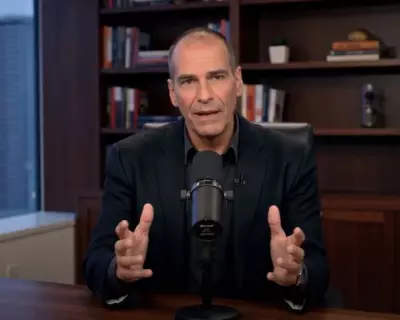
Google's automated advertising systems have been blocking crucial sexual health awareness campaigns by mistakenly categorising them as 'adult content', Australian senators have heard during a recent estimates hearing.
Public Health Messages Caught in Digital Crossfire
The startling revelation emerged during questioning of health department officials, who confirmed that legitimate sexual health advertisements were being incorrectly flagged and restricted by the tech giant's content filters. This digital barrier has prevented vital information about sexually transmitted infections (STIs) from reaching the public through Google's advertising platforms.
Bureaucratic Hurdles Hamper Health Messaging
Health department secretary Blair Exell disclosed to the hearing that resolving the classification issue required navigating multiple layers of Google's corporate structure. "We had to go through various levels of escalation within Google to get them to recognise that this was a legitimate public health campaign, not adult content," Mr Exell explained.
The situation highlights the growing challenge public health authorities face when their messaging becomes dependent on private tech companies' automated systems and content moderation policies.
Wider Implications for Digital Public Health
This incident raises significant concerns about how algorithmic content filtering might inadvertently hamper essential health communication. The blocking of STI awareness ads comes at a time when Australia is experiencing rising rates of sexually transmitted infections, making accessible public health information more critical than ever.
A Pattern of Problematic Filtering
This isn't the first instance where Google's automated systems have created obstacles for legitimate organisations. The hearing revealed a concerning pattern where well-intentioned public health campaigns are being caught in the same net designed to filter out genuinely inappropriate content.
The ongoing struggle between health authorities and tech platforms underscores the need for more sophisticated content recognition systems that can distinguish between educational health information and explicit material.
The Path Forward
While Google eventually resolved the specific issue after departmental escalation, the incident has sparked broader questions about the role and responsibility of tech giants in facilitating – or obstructing – crucial public health messaging.
As digital platforms become increasingly central to how citizens access health information, finding sustainable solutions to these classification conflicts becomes imperative for protecting public health outcomes.





